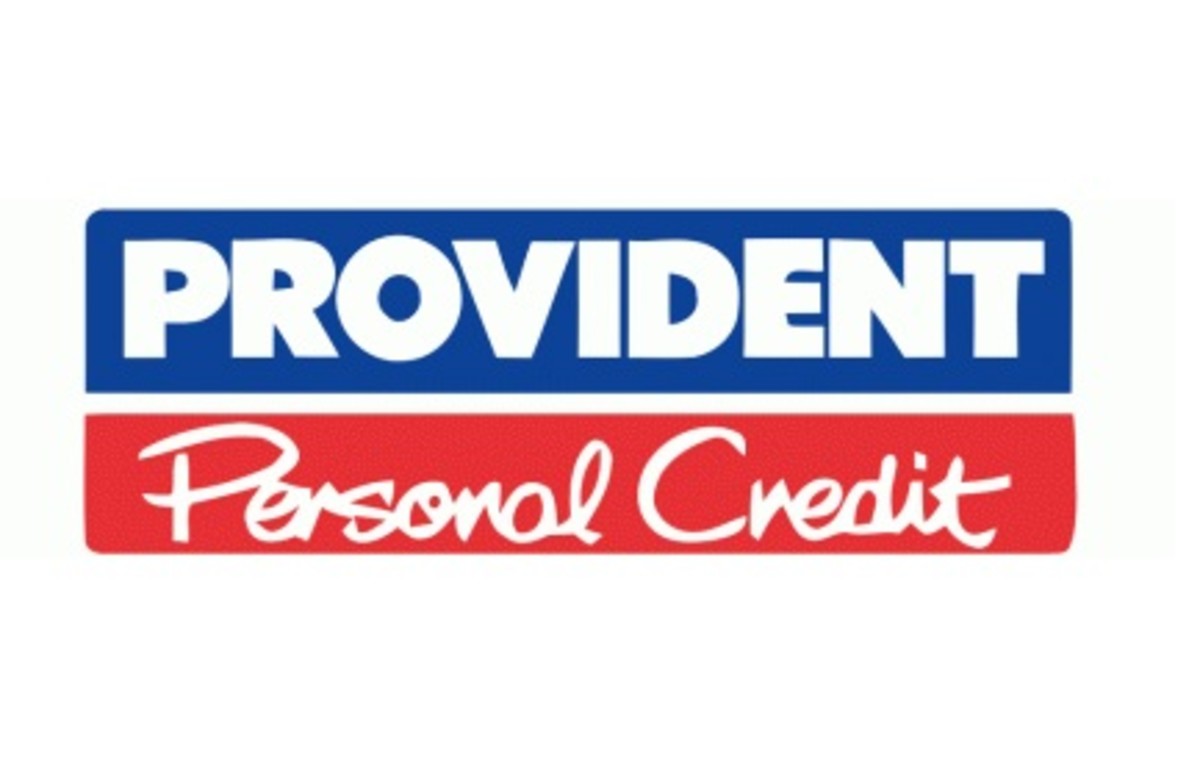About to Graduate? 10 Things to Know About Student Loans

During the time that you are in college, you probably don’t think about your student loans too much. After graduation, though, you need to start thinking about them really quickly. That’s because you will soon need to start making payments on them. If you are about to find yourself in that position then you may want to keep in mind that it’s important to know the following ten things:
1. Who do you owe money to? One really important step that you need to take after you graduate is to make sure that you know who you owe money to. Most students take out multiple loans over time, some of which may be federal and others that are private. It’s very important to get all of your paperwork organized so that you know how much money you owe and who those payments are supposed to go to.
2. When do you need to start repaying your loans? It is very important that you begin repayment on your loans as soon as those payments start coming due. You don’t want to get in trouble for late payments. These can negatively affect your credit. It can also mean that you owe a big lump sum of money a few months down the line. Make sure that you take the time to organize all of your loan information so that you can easily see when it’s going to be time to start making payments. Don’t rely on the lender to contact you about those payments; keep on top of them yourself!
3. How much are your loan payments going to be? It is very important for you to start budgeting as soon as possible for the repayment of your loans. Hopefully you’ll be able to get a job as soon as you graduate so that you can work the payments into your budget in a reasonable way. To do that, though, you need to know what your payments will be. Review the required monthly payment amounts for each of your loans, totaling them up to see what you are going to owe each month.
4. You do have options if you are unable to make your monthly payments. One of the great things about student loans in comparison with many other loan types is that they offer very flexible repayment plans. If you can’t meet your monthly payments, you can choose to defer your loans (meaning that you postpone the amount of time before you need to repay them) or restructure your loan payment to a more manageable monthly amount. Take action before the bills get out of hand if you know that you’re not going to be able to make your payments.
5. There are pros and cons to consolidating your student loans. After you graduate you may begin to receive mail asking you if you are interested in consolidating your student loans. As with any other debt consolidation, there are pros and cons to doing so. If you have some loans with low interest and the consolidation would increase the interest on that portion of the loan then it would be financially irresponsible to consolidate your loans. Alternatively, if you can get a good interest rate and put all your payments onto one bill then that may be a good idea. Make sure that you weigh the pros and cons and look at the terms of student loan consolidation carefully before you opt to go this route.
6. There are programs available that can eliminate your debt. For example, you may opt to join a program like AmeriCorps or the Peace Corps that would repay a portion of your student loans after you complete your work internship with them. Also, there are certain fields, like working with the United States government, that allow you to get loan forgiveness after a five or ten year period. Look into your options for this in order to eliminate the need to pay back at least a portion of your student loans.
7. It’s best to pay back more than just the interest on your student loans if possible. Once you get a job and start to get settled into your post-college life, it’s wise to start working hard to pay off your student loans as quickly as possible. Although the length of those loan terms can be long, you don’t want that debt hanging over your head for the next twenty years. Make an effort to start paying down on the principal of the debt as soon as you are able to do so.
8. Focus on repayment of your most expensive student loans first. If you don’t consolidate your student loans and you’re starting to pay down your loan principals, make sure that you pay off the loans with the highest interest rates first. Ignore what the principal is because what really matters is that you eliminate those high interest loans regardless of whether they are small loan amounts or large ones.
9. Avoid taking out other loans if you can. During the time that you are in repayment of student loans you may be tempted to take out car loans, personal loans and even a mortgage loan. If you can hold off on entering that stage of your life, pay off your student loans first to get yourself out of debt before you look at the financial option of incurring additional debt for your future.
10. Your lender needs to be able to reach you. Don’t forget that the people who have issued the loans to you need to be able to reach you in order to bill you and discuss those loans. You should make sure that you always update your lender as to the status of your current contact information. This is especially important for new graduates who often move to a different location after graduation. Failure to notify your lender of such a move could result in missed communication. This can lead to problems with your loan.









